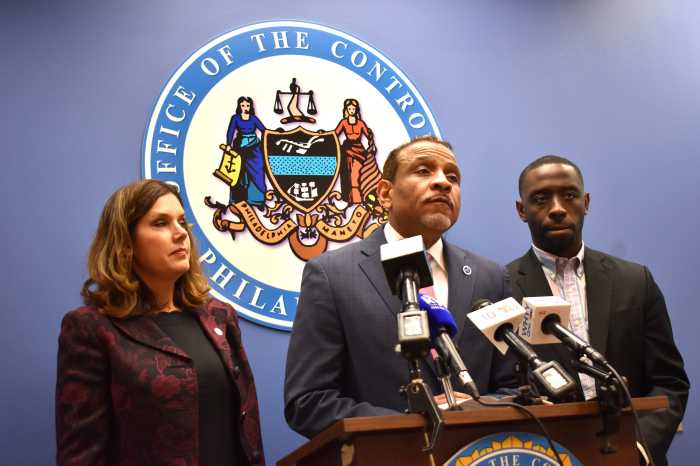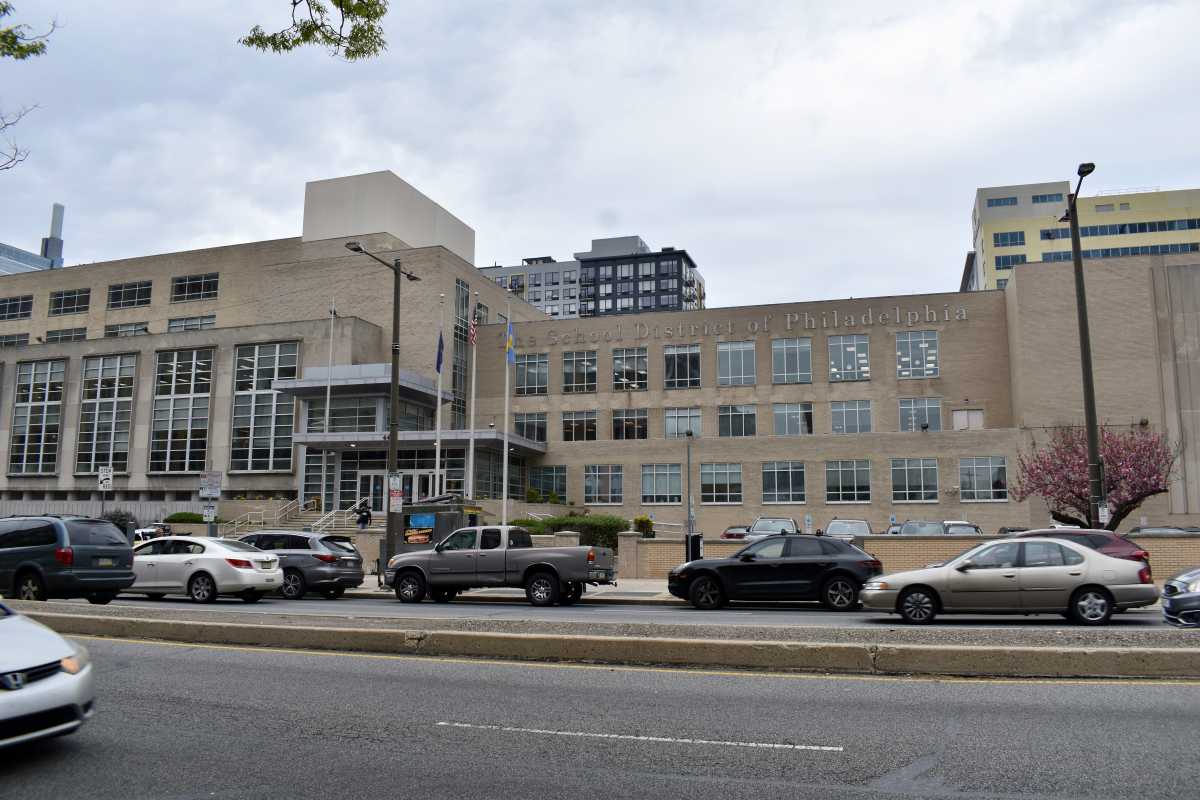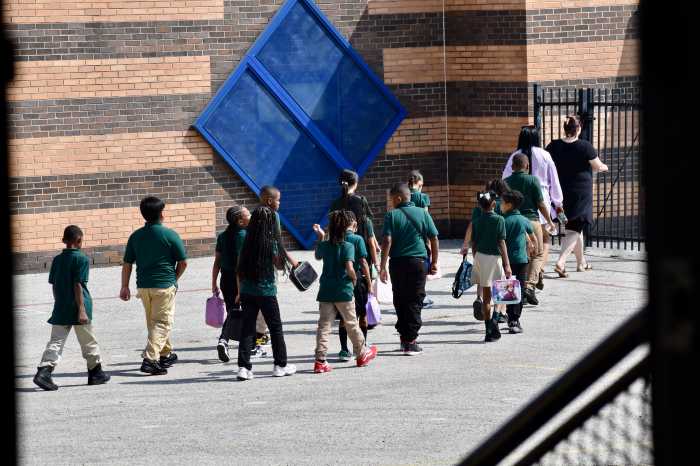Fraudsters posing as contractors scammed the School District of Philadelphia and its vendors out of nearly $700,000, city officials said Thursday.
Payments to legitimate organizations were diverted to unidentified third-party “bad actors” who requested the district switch from paper checks to electronic transfers, according to the City Controller’s Office.
Four disbursements in February and March 2024 were stolen, including $563,000 earmarked for flood damage restoration. In that case, someone hacked into the contractor’s email and successfully requested the payment, district representatives said.
Another $126,000 that was supposed to go to a vendor offering special education services for students with IEPs was redirected to an unknown source, the Controller’s Office found.
In both cases, the work was completed, but the contractors have yet to be paid, officials said. Controller Christy Brady said authorities are hoping to recover at least some of the money.
As of now, the funds have not been located, and the thieves have not been identified.
Brady did not publicly disclose the vendors or financial institutions involved in the transactions, telling reporters Thursday that she did not want to compromise a potential probe.
She said the alleged fraud came to light during her team’s annual school district audit. Brady is asking Pennsylvania Attorney General Dave Sunday to open an investigation. A spokesperson for the AG’s Office said they had received the request but declined further comment.

The scheme involved an automated clearing house (ACH) – an electronic network used to facilitate direct deposits and other transfers. Typically, the district issues paper checks to contractors, unless they request ACH, Brady said.
“Based on the information provided to our office, it appears the bad actors gained unauthorized access to the School District’s banking data or manipulated existing payment systems to send unauthorized funds to their own accounts,” Brady wrote in a letter to Sunday dated May 22.
She goes on to say that it’s unclear if the suspects used methods that would allow them to “embed themselves into financial workflow or systems.”
School District of Philadelphia Superintendent Tony Watlington Sr., who appeared alongside Brady at a press briefing, said no further fraud has come to light in the year since the thefts.
In a later statement, the district added that its financial and student data systems were not compromised. “In both incidents, this issue was narrowly defined to a specific vendor payment process,” the school system said.
District officials also stated that the payments did not exceed what was approved in authorized contracts.
When the potential fraud was discovered, the district immediately alerted the FBI, the schools’ Office of Inspector General, its attorneys and the Board of Education, Watlington said.
“Following those incidents, to ensure that we have rigorous controls, we implemented a number of measures to enhance internal controls in this age of cyber fraud,” he added.
School administrators have revised bank confirmation processes, improved the methods to validate vendor payments and tightened internal safeguards in response to the fraud, according to the district’s statement.
Watlington said his team is dedicated to “very strong fiscal stewardship,” noting that the district’s bond rating recently reached its highest level in more than 40 years.
“For more than a decade, the School District of Philadelphia has had clean audits with no material findings,” he told members of the media.




























